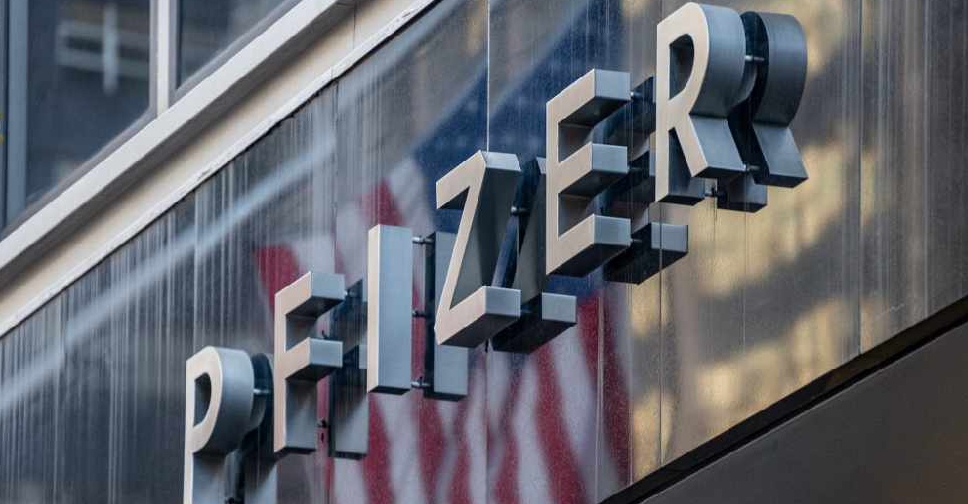
Pfizer has launched a pilot delivery programme for its experimental COVID-19 vaccine in four US states, as the drugmaker seeks to address distribution challenges facing its ultra-cold storage requirements.
Pfizer's vaccine, which was shown to be more than 90 per cent effective in preventing COVID-19 based on initial data, must be shipped and stored at -70 degrees Celsius, significantly below the standard for vaccines of 2-8 degrees Celsius.
"We are hopeful that results from this vaccine delivery pilot will serve as the model for other U.S. states and international governments, as they prepare to implement effective COVID-19 vaccine programs," Pfizer said in a statement on Monday.
It picked Rhode Island, Texas, New Mexico, and Tennessee for the program after taking into account their differences in overall size, diversity of populations, immunization infrastructure, and need to reach individuals in varied urban and rural settings.
The four states will not receive vaccine doses earlier than other states by virtue of the pilot, nor will they receive any differential consideration, Pfizer said.
The company expects to have enough safety data on the vaccine from the ongoing large scale late-stage trials by the third week of November before proceeding to apply for emergency use authorisation (EUA).
Pfizer and its partner BioNTech SE have a $1.95 billion deal to supply 100 million doses of the vaccine to the US government, which has an option to acquire up to an additional 500 million doses.
Earlier on Monday, rival Moderna Inc said its experimental vaccine was 94.5 per cent effective in preventing COVID-19 based on interim data from a late-stage trial, boosting hopes that vaccines against the disease may be ready for use soon.
Both the Pfizer and Moderna vaccines use a new technology called synthetic messenger RNA to activate the immune system against the virus.

 Iranian President Raisi killed in helicopter accident, state media says
Iranian President Raisi killed in helicopter accident, state media says
 ICC prosecutor seeks arrest warrants for Israeli, Hamas leaders
ICC prosecutor seeks arrest warrants for Israeli, Hamas leaders
 Assange given permission to appeal against US extradition
Assange given permission to appeal against US extradition
 Israel intends to broaden Rafah sweep, Defence Minister tells US
Israel intends to broaden Rafah sweep, Defence Minister tells US
 New Taiwanese president calls on China to stop threats
New Taiwanese president calls on China to stop threats



